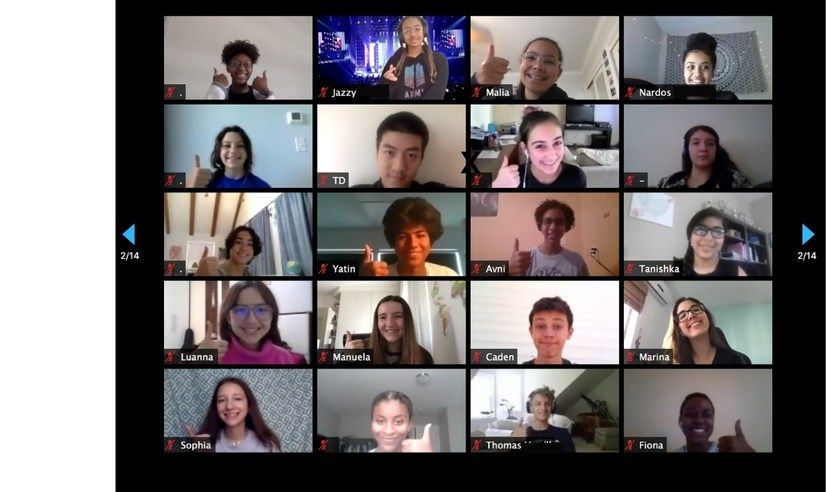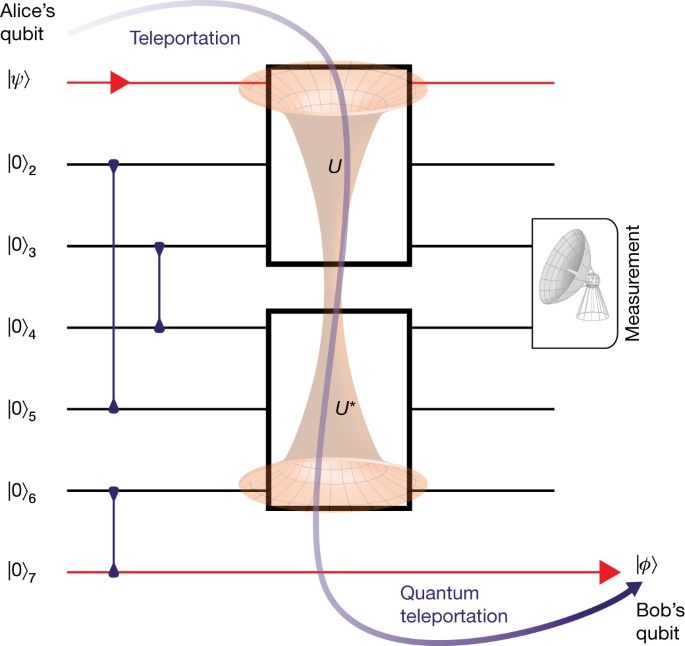Secure telecommunications networks and rapid information processing make much of modern life possible. To provide more secure, faster, and higher-performance information sharing than is currently possible, scientists and engineers are designing next-generation devices that harness the rules of quantum physics. Those designs rely on single photons to encode and transmit information across quantum networks and between quantum chips. However, tools for generating single photons do not yet offer the precision and stability required for quantum information technology.
Now, as reported recently in the journal Science Advances, researchers have found a way to generate single, identical photons on demand. By positioning a metallic probe over a designated point in a common 2-D semiconductor material, the team led by researchers at the U.S. Department of Energy’s Lawrence Berkeley National Laboratory (Berkeley Lab) has triggered a photon emission electrically. The photon’s properties may be simply adjusted by changing the applied voltage.
“The demonstration of electrically driven single-photon emission at a precise point constitutes a big step in the quest for integrable quantum technologies,” said Alex Weber-Bargioni, a staff scientist at Berkeley Lab’s Molecular Foundry who led the project. The research is part of the Center for Novel Pathways to Quantum Coherence in Materials (NPQC), an Energy Frontier Research Center sponsored by the Department of Energy, whose overarching goal is to find new approaches to protect and control quantum memory that can provide new insights into novel materials and designs for quantum computing technology.







